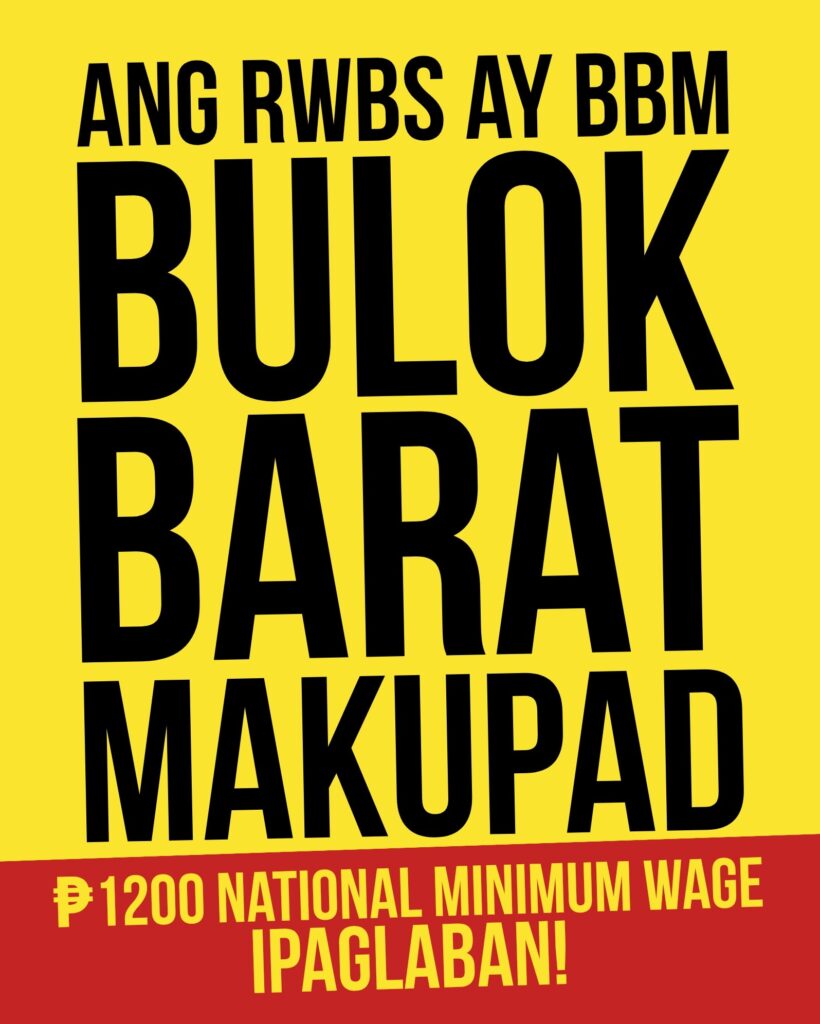During the traditional Vin d’Honneur in Malacañang over the weekend, President Ferdinand “Bongbong” Marcos Jr. announced that the Philippines will open four more foreign service posts in North America and the Asia Pacific this year in pursuit of his administration’s “independent foreign policy,” with emphasis on being a “friend to all, enemy to none.”
“Early in my presidency, I vowed to reintroduce the Philippines to the world and jumpstart meaningful, concrete, and mutually beneficial partnerships that will drive growth for this country in the 21st Century economy,” President Marcos said in his speech. “In the last two-and-a-half years, the Philippines has since embarked on the diplomatic agenda that leverages international partnerships which have translated to increased bilateral engagements and cooperation with traditional partners and new allies.”
By the end of 2025, Marcos said, the Philippines will have 102 diplomatic posts, effectively widening the country’s reach globally. He also noted that the Philippines welcomed the opening of new embassies from Bahrain and Slovenia in Manila in 2024, with more expected from Central Asia in the coming years.
PBBM’s foreign policy closely mirrors that of his uncle, President Fidel V. Ramos, who championed “interdependence and cooperation.” Ramos’ approach recognized the significance of global interdependence and aimed to attract foreign investments and access new markets—objectives that the Marcos administration is actively pursuing today.
Between 1992 and 1998, FVR was the country’s No. 1 salesman, effectively promoting economic diplomacy that reestablished the country as a key destination for global investors. During this period, he undertook 64 trips to 42 countries, securing nearly $30 billion in new investments. His efforts bolstered the Philippines’ image as the “Gateway to Asia and the Pacific.” This era of political stability and economic growth also set the stage for the nation’s emergence as Asia’s burgeoning economic tiger. (More on this in my book “Behind the Red Pen: My Adventures with FVR.”)
The Ramos formula was also the same strategy pursued by Presidents Gloria Macapagal-Arroyo and Noynoy Aquino. When he assumed the presidency in 2016, Duterte pursued his own concept of “independent” foreign policy.
While Duterte’s “independent” foreign policy also aimed to diversify the Philippines’ international relationships, it often appeared to veer away from traditional allies like the United States and leaned towards closer ties with Russia and China. This shift was evident in Duterte’s numerous visits to the two countries and his critical stance towards the U.S. during the early years of his presidency.
In contrast, Marcos Jr. has taken a more balanced approach, maintaining strong ties with traditional allies while also seeking new partnerships. His administration’s efforts to open new foreign missions and engage in high-level visits with world leaders reflect a commitment to fostering cooperation and ensuring that the Philippines remains an active player on the global stage.
In 2017, when Duterte became critical of the US and other long-time allies, FVR, in a Rappler interview, reminded him: “Let’s work with the world. No island is independent as of now, everybody is interdependent. It is an interdependent foreign policy that we must adopt, meaning, let us look for new allies and friends, but let us not discard our traditional, our loyal, our long-standing friends, partners, and allies, who have proven themselves to be helpful to the Philippines in war and peace.”
What Ramos said still resonates today. It is good that PBBM has heeded the wisdom of his uncle.




